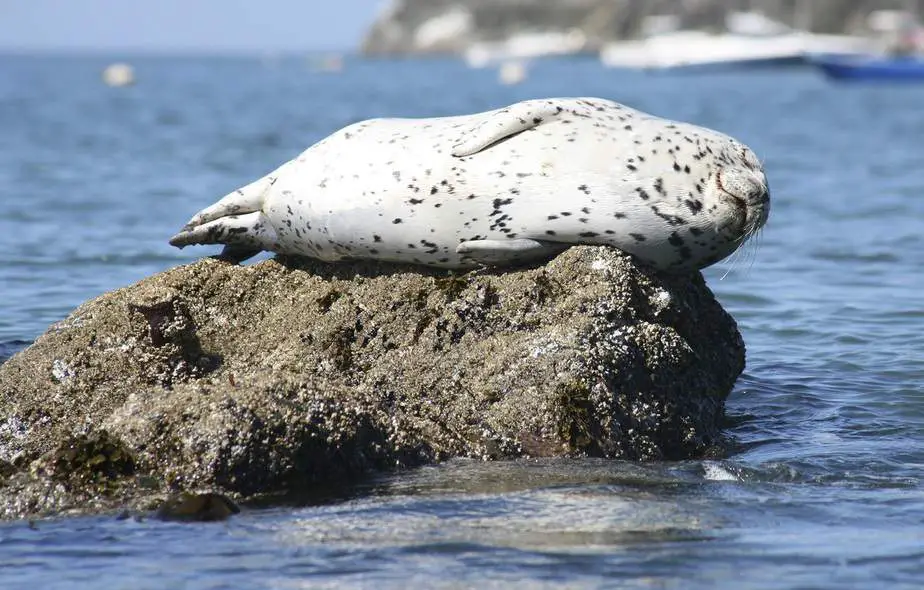Scuba diving is a great exercise so it’s not much of a surprise if you’re feeling tired after a long day spent diving. What’s unusual is if you feel like you can’t sleep after scuba diving. What could be causing this problem? There are some common, non-medical reasons that could be the culprit which we have some experience with.
Assuming your insomnia is not caused by a medical issue, we can hazard a few good guesses as to why you’re having trouble sleeping. If you’re on vacation or diving for the first time, you may just be overly excited for a day of diving. On the other hand, if you’re absolutely terrified of diving, you might feel anxious or nervous for the next day. It can also be due to dehydration. For example, you may have drank too much alcohol, coffee, tea, or something that contains caffeine. Perhaps you were looking at bright screens too close to your bedtime. These are all within your power to change as long as you’re aware of it.
As you can see, there are many possibilities as to why you are having difficulty falling asleep after scuba diving. In this article, we will be discussing these factors in more detail and how you can still find a way to fall asleep. Try them out and see if you still have trouble sleeping or not.
Is it normal to have trouble falling asleep after diving?
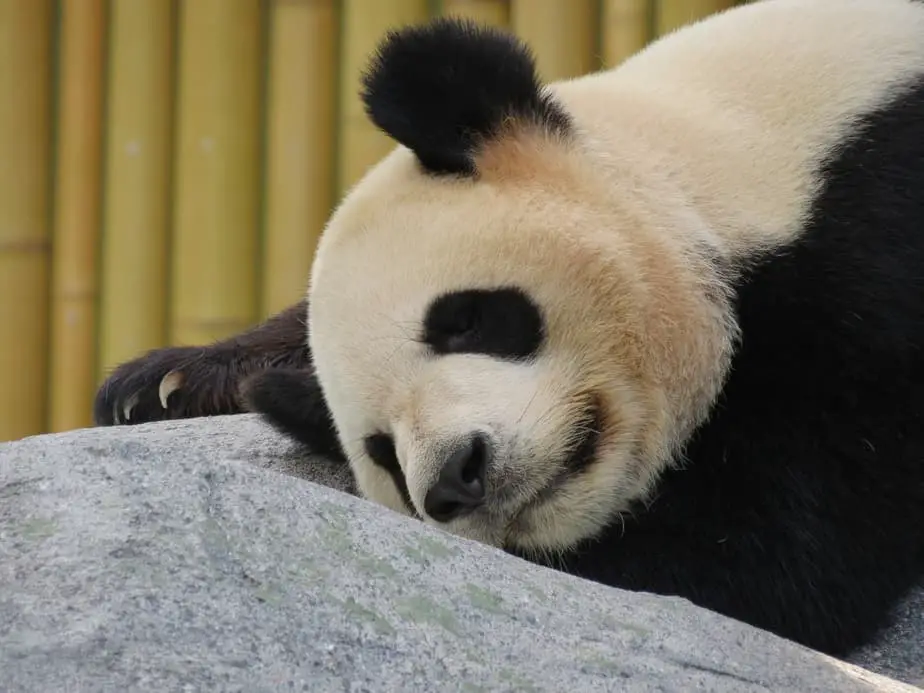
No, it’s not normal. When you’re scuba diving, you are exerting yourself physically. It’s not uncommon for you to burn anywhere from 300-600 calories per dive. Depending on how physically fit you are, these dives will make your muscles feel like jelly after. Let it be known that scuba diving is a great way to exercise.
The reason why driving is so difficult is because the cold water plus the water resistance causes your body to exert itself in order to stay warm and move against the resistance. On top of that, you’re carrying a bunch of bulky scuba gear that makes it even harder to move. So if you’re not about to collapse from exhaustion after a dive, but rather having trouble falling asleep, then that raises some questions.
As far as we’re aware, having done some research ourselves, there is currently no scientific evidence that scuba diving can cause insomnia. However, if the only time you’re having trouble sleeping is after scuba diving and not anytime else, then clearly there is a pattern that seems to imply this is the case.
Again, we’re not doctors, so we can’t comment on any possible medical concerns. You’ll need to bring this up with a doctor. After all, the doctor medically cleared you for diving already (right?), so they need to make sure that there are no new health developments they should be concerned about.
Excluding medical factors, there are a few factors within our control that we can play around with to help you get a good night’s rest after diving.
Possible causes of insomnia after diving
Stress or nervousness
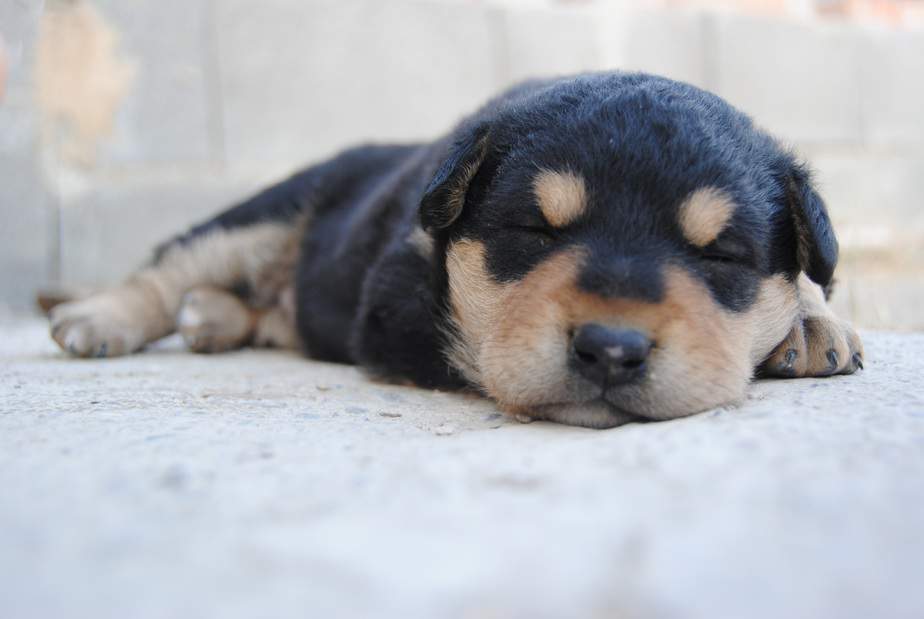
Early on in your diving career, you may be very anxious about your dives for a variety of reasons. Maybe you’re not confident in your diving abilities. Perhaps you are not familiar with the dive site and are afraid of what could go wrong. Or you could be diving where you can’t see the seafloor and the depth terrifies you.
Whatever your reasons for being stressed out are, there is a quote from Stoic philosopher Seneca which applies here: “A man who suffers before it is necessary, suffers more than is necessary.”
In other words, there’s no point dwelling on something before it has happened if there is nothing you can do right now to change the outcome. You’re just suffering twice when you only need to go through it the one time, and it’s usually not even as bad as you thought.
If you have already done your research, come up with a great dive plan, have all of your gear ready, essentially did all of the steps necessary before a dive to ensure a smooth diving experience, then you need to stop overanalyzing because it’s keeping you up at night.
On the other hand, if you have some legitimate concerns that you need addressed, then find some time to talk about them with a dive buddy, divemaster, or instructor during the day so you aren’t suffering at night wondering about all the what ifs.
Now, in this digital age where you have access to all of the world’s knowledge in your pocket, you could temporarily ease your concerns by searching your question on Google or YouTube to get some answers. We recommend doing this search before you sleep because the blue light from your screen can keep you up at night.
However, it’s best to talk to an experienced person face to face since you can ask more specific questions. Then, armed with that knowledge, you can hopefully sleep peacefully.
Excitement
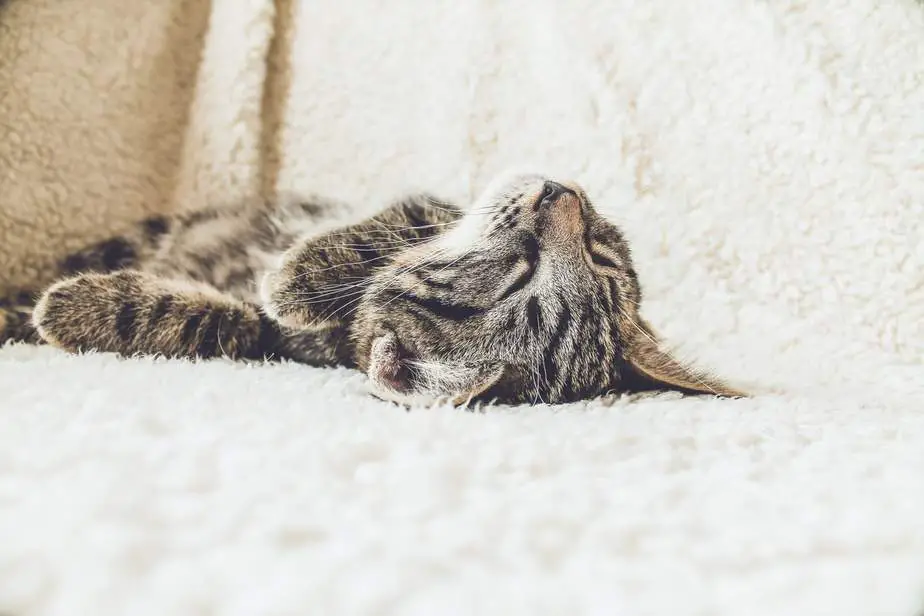
You may be anxious for another reason in the opposite direction: you are simply too excited for diving. Maybe diving has been on your bucket list for a long time, or you are just so passionate about scuba diving that your excitement levels are off the charts.
Furthermore, depending on which type of diving you were doing, if it was on the more extreme end then you still might have plenty of adrenaline coursing through your veins. When you’re amped up like that, it can be difficult to go from 100 to 0 and fall asleep.
If this is the case, then a straightforward but perhaps undesirable solution is to simply not dive late in the afternoon or at night so your body has time to unwind before you sleep.
However, we understand that this may not be an acceptable solution, particularly if you’re liveaboard diving. Here, meditation can prove useful. Meditating is a popular method used by freedivers to calm themselves down and increase their bottom time. In essence, you should just focus on taking long, deep breaths to get your heart rate down.
You should also avoid using electronic devices since the bright light from the device can reduce melatonin production. Similarly, you could also take some melatonin tablets to help you feel sleepier. Combine this with meditating by focusing on your breathing and you’ll drift to sleep in no time.
Dehydration
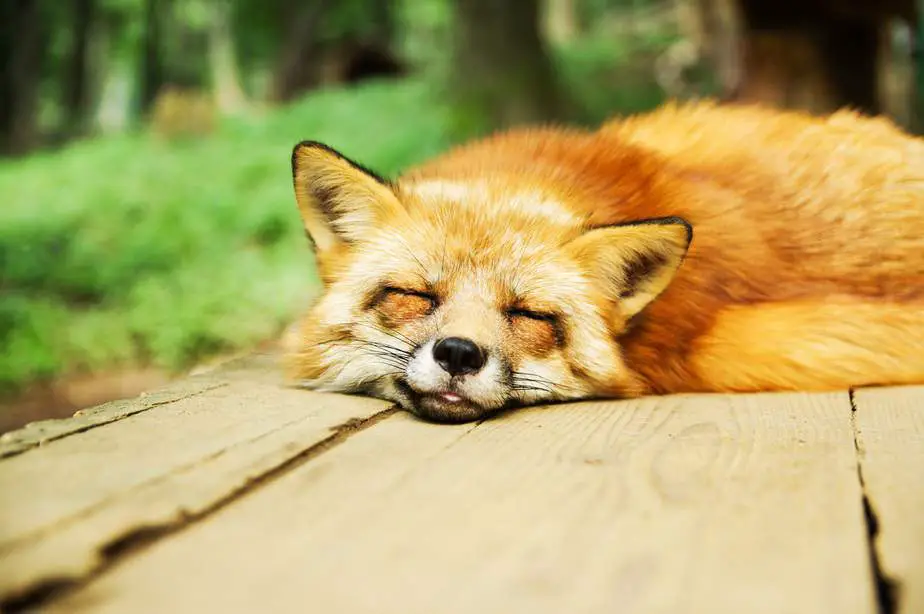
A common mistake beginner divers make is not drinking enough water. That is true before a dive and that is often true after a dive. Staying hydrated plays an essential part in reducing the likelihood of decompression sickness, but outside of diving, water is necessary for our body to continue its normal function.
Just being underwater can dehydrate us thanks to immersion diuresis, and some divers are ashamed of peeing in their wetsuit so they dehydrate themselves instead. If you’re vacationing at a tropical destination, the heat can make you even more dehydrated.
Being dehydrated will make you feel tired, which you’d think would help you sleep. However, if your throat feels parched like a desert, then you may also find it difficult to sleep without a desire to hydrate yourself.
You should always remain hydrated whether before or after a dive. We recommend drinking extra water just to ensure your body is functioning normally. Just don’t go overboard and drink a gallon of water 2 hours before sleeping because you’ll interrupt your sleep by waking up for a bathroom trip every few hours.
Caffeine
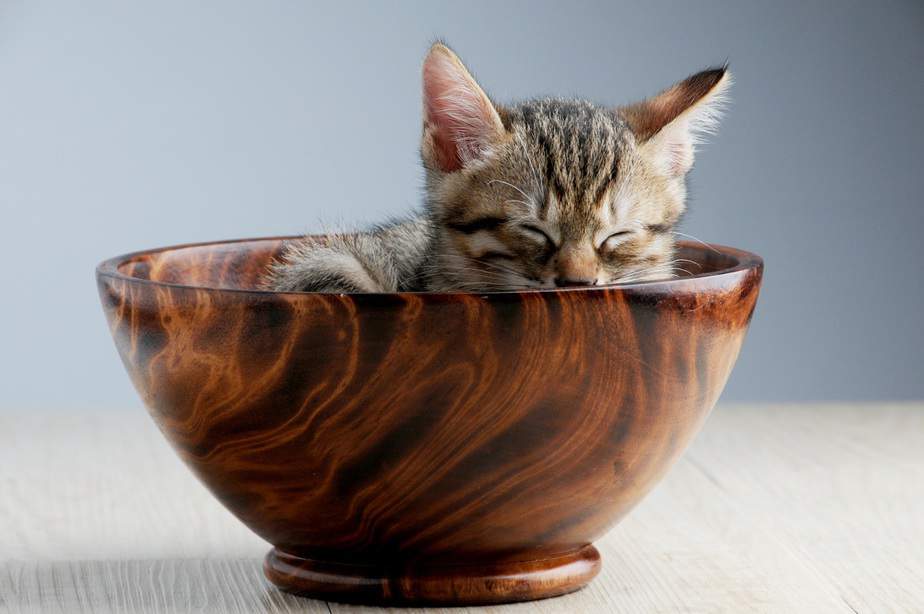
In general, people nowadays consume too much caffeine. Whether that be tea or coffee, consuming too much of it during the day could negatively impact your ability to fall asleep and your sleep quality at night.
You should avoid drinking tea, coffee, or caffeinated beverages such as energy drinks within 6 hours before bedtime because it can make it harder to sleep or negatively impact sleep quality. In general, we recommend not being reliant on caffeine to give you energy, but instead to try and get 8 hours of sleep a night.
If you must drink some kind of caffeinated beverage, try to do it before 3 pm or so to be sure that the stimulant is no longer active in your body by the time you hit the hay. If you’re currently struggling to fall asleep or wake up not feeling rested, consider your current habits and see if you can replace caffeinated drinks with juice or water instead.
Lastly, we should also mention that caffeine and alcohol are diuretics which cause you to lose more water than you intake because you’ll end up urinating more, though in the case of caffeine, you can build up a tolerance to it over time. This can cause you to be dehydrated which is not ideal.
Alcohol
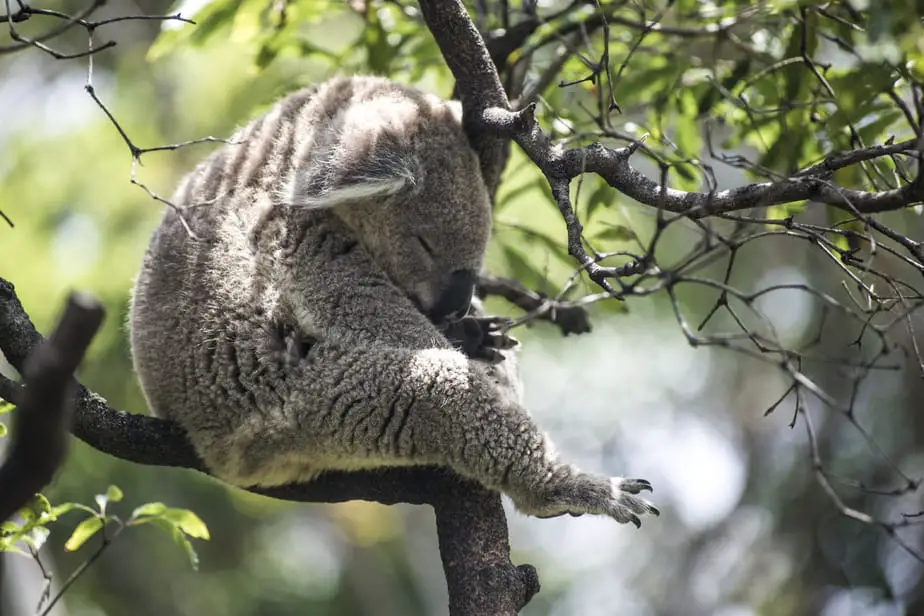
It may be tradition for you to crack a few beers with your buddies at the end of a long day of diving, unfortunately alcohol is known to decrease your sleep quality among other negative effects.
Oftentimes, the advice for alcohol and scuba diving is that you should wait at least 12 hours after drinking alcohol before your next dive so as not to be impaired during the dive. However, this advice completely neglects how drinking alcohol would affect your sleep quality. Alcohol can disrupt sleep patterns, making a full 8 hours of restorative sleep unlikely.
Even if you get 8 hours of sleep, the quality of it will be lower (i.e. you’ll feel less rested). If you’re having trouble sleeping at night after scuba diving, consider decreasing your alcohol consumption or abstaining from it entirely if you have many more days of diving ahead of you. See if this makes any difference in how well you sleep at night.
Is it safe to dive while tired?

No. The only thing you should be doing while tired is going to sleep. If you couldn’t sleep the night before, it is recommended that you opt out of diving until you’re well rested. Yes, this may be undesirable if you’re on vacation and you’re missing out on a precious day of diving, however there are some serious risks associated with diving while tired.
For example, did you know that being sleep deprived is akin to being drunk? Your physical and mental state are severely impaired when you’re tired. In the context of scuba diving, this means your decision-making skills, reaction time, and energy levels are very poor. You might accidentally exceed your NDL or depth limits or lose track of your buddy because you’re half awake.
Furthermore, depending on how deep you’re diving, you may be more susceptible to the effects of nitrogen narcosis while tired. On top of that, you are also more likely to get the bends while tired. Essentially, diving while tired is like diving while drunk, and there are myriad reasons why doing either is a bad idea.
If you’re feeling grumpy that you had to miss a day of diving, ask yourself if it’s worth it to gamble with your life just so you don’t “waste” your holiday? Please, find something else to do instead of diving if you’re feeling tired.
Ways to fall asleep faster after scuba diving
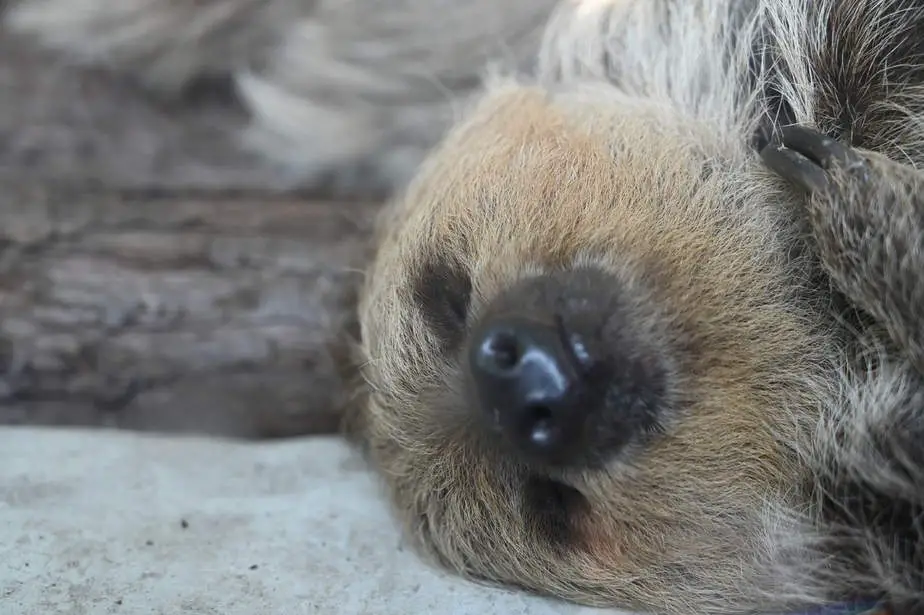
Using all of the information we’ve covered above, here is a practical way for you to get a good night’s rest if you are having trouble sleeping after diving.
First, experts recommend not trying to force falling asleep if you just can’t seem to do it. After thirty minutes, try and do something else to take your mind off whatever is keeping you awake. A good way to do this is to read a book. Don’t read the book off of an E-reader or your desktop because the bright light they produce can make it harder to fall asleep.
Even better, why don’t you try reading a user manual for something you absolutely don’t care about. Perhaps you will be so bored that you fall asleep. You could also take a relaxed walk. Whatever you do, don’t engage in any activity that might increase your adrenaline or expose you to bright lights. If you do, you will feel more awake than ever.
If you’re stressed or anxious about the day of diving awaiting you, remember that you’re there to have fun and you’re probably overthinking it. Don’t suffer twice by imagining your suffering first before the activity. Once you’re actually diving, you’ll find it wasn’t as bad as you thought, and in fact, it’s quite enjoyable.
When you have a concern or worry that’s keeping you up, write it down so you can ask it the next day. In the future, try to ask your question during the day so you can have peace of mind at night.
We highly recommend learning how to meditate to calm yourself down. You don’t need to do any sort of specific meditation. Just sit somewhere where you can maintain an upright posture. Close your eyes, and just focus on breathing in and out deeply with a long cadence. You should slowly feel that your muscles are not so tense anymore as a wave of relaxation spreads throughout your body.
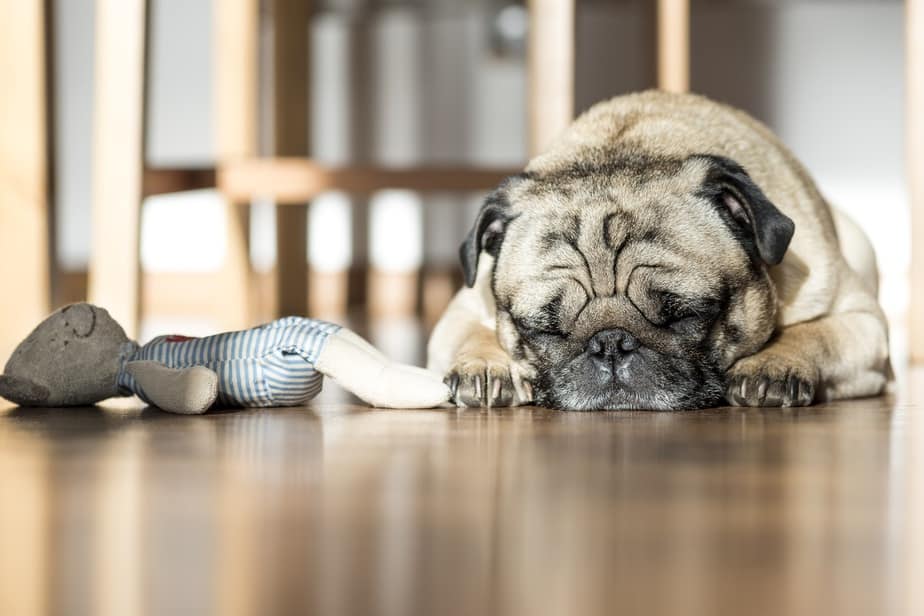
Avoid caffeinated and alcoholic beverages as long as 6 hours away from your bedtime. They are known to keep you awake. Even if you have no trouble falling asleep, your sleep quality will be negatively impacted. Furthermore, they are diuretics which can cause dehydration. Drink water instead, but don’t drink so much that you have to get up and pee at night.
As for food, try not to eat too close to your bedtime. Also avoid spicy, fatty, or acidic foods because this can cause heartburn or a stomachache. Do not eat chocolate because it can contain caffeine.
We mentioned avoiding bright lights, so that means no TV, computer, smartphones, or anything with a screen basically. Similar to caffeine, even if you have no trouble falling asleep, your sleep quality will be worse if you’ve used anything with a screen within 2 hours of sleeping.
Finally, you should facilitate an environment where you can easily fall asleep. Try to reduce anything that can cause irritating noises. Shut your windows, wear earplugs, turn your smartphone off. Next, avoid any bright lights. Use dim lights, make sure your blinds are closed, don’t sneak a look at your phone.
Make your bed as enticing as possible. Use it exclusively for sleeping so that’s what your brain associates it with. Set a warm temperature so you feel snug and cozy. If you must, take a melatonin tablet or something to help make you feel sleepy. By following this advice, you will have the greatest chance of falling asleep.
Parting words
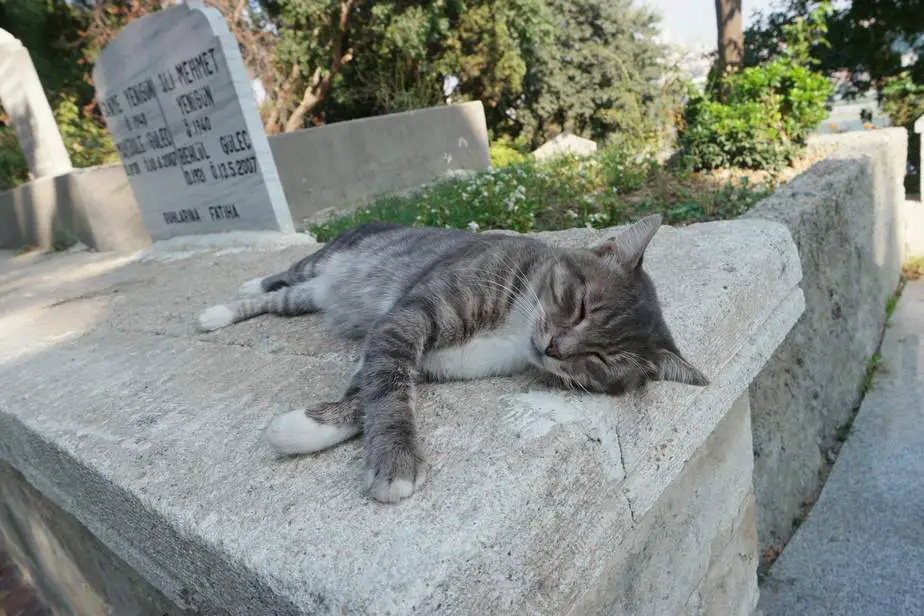
You may have trouble falling asleep after diving, however scuba diving itself is not likely to be the culprit. Often, it has to do with lifestyle choices such as what you eat and drink and the timing of it, some personal stress or anxiety, or looking at bright screens too close to bedtime.
If it is a medical issue then see a scuba doctor. You may have a new development that wasn’t diagnosed during the last check-up, so you’ll want to get it sorted out to know if it’s safe for you to dive.
Often the issue is something minor and within our control. Making some tweaks to your lifestyle can help you fall asleep faster and have a more restorative sleep. Learning how to meditate can decrease your heart rate and calm you down which facilitates faster sleeping. Soon, you’ll doze off and be well-rested for an exciting day of diving.

